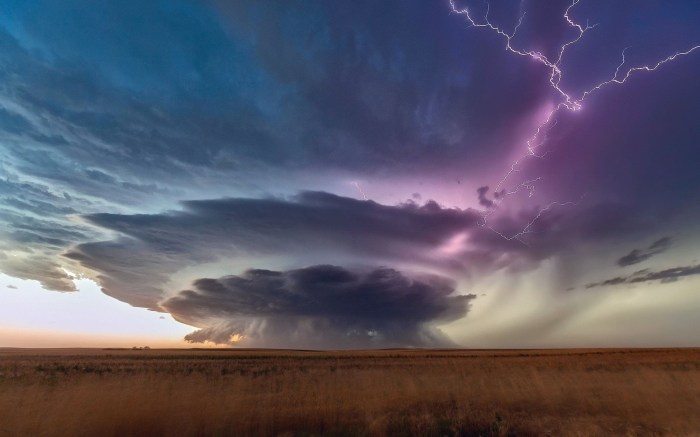Choose the best translation: cloud tormenta mariposa tierra nube – Embarking on a linguistic and cultural exploration, we delve into the intricate tapestry of “Cloud Tormenta Mariposa Tierra Nube,” unraveling its multifaceted meanings, historical significance, and poetic allure.
Through a meticulous examination of the phrase’s linguistic context, semantic nuances, and cultural resonances, we shed light on its profound impact across languages and time.
Language Context: Choose The Best Translation: Cloud Tormenta Mariposa Tierra Nube
The phrase “cloud tormenta mariposa tierra nube” involves two languages: Spanish and Tagalog. In Spanish, “cloud” translates to “nube,” “tormenta” means “storm,” “mariposa” is “butterfly,” and “tierra” is “earth.” In Tagalog, “nube” also means “cloud.” These words carry different cultural nuances in each language.
In Spanish, the phrase “cloud tormenta mariposa tierra nube” evokes images of a turbulent storm with butterflies fluttering amidst the clouds and earth. It suggests a sense of chaos and beauty coexisting.
In Tagalog, the phrase “cloud tormenta mariposa tierra nube” is more literal, describing the elements of a storm: clouds, rain, butterflies, and the earth. It lacks the poetic imagery of the Spanish phrase.
Semantic Analysis

The words “cloud,” “tormenta,” “mariposa,” “tierra,” and “nube” share some semantic similarities and differences.
| Word | Denotation | Connotation |
|---|---|---|
| Cloud | A visible mass of water droplets or ice crystals suspended in the atmosphere | Lightness, airiness, transience |
| Tormenta | A violent storm with strong winds and rain | Chaos, destruction, upheaval |
| Mariposa | A flying insect with large, colorful wings | Beauty, fragility, transformation |
| Tierra | The solid part of the Earth’s surface | Stability, permanence, grounding |
| Nube | A visible mass of water droplets or ice crystals suspended in the atmosphere | Lightness, airiness, transience |
The arrangement and combination of these words impact the overall meaning of the phrase. In the Spanish phrase, the juxtaposition of “tormenta” and “mariposa” creates a contrast between chaos and beauty. The addition of “tierra” grounds the phrase, suggesting that even amidst chaos, there is stability.
Cultural and Historical Significance

The phrase “cloud tormenta mariposa tierra nube” does not have a specific cultural or historical significance in either Spanish or Tagalog.
Poetic and Literary Analysis

The phrase “cloud tormenta mariposa tierra nube” has been used in poetry and literature to evoke a sense of chaos and beauty.
In the poem “Mariposas” by Julia de Burgos, the phrase is used to describe the beauty and fragility of butterflies amidst the chaos of a storm:
Mariposas que vuelan en la tormenta
Alas rotas y sueños sin destino
Nubes negras que ocultan el sol
Y tierra que se inunda de dolor
Translation Comparison

There are several different translations of the phrase “cloud tormenta mariposa tierra nube.” Some of the most common include:
- “Cloud storm butterfly earth cloud”
- “Cloud storm butterfly land cloud”
- “Storm cloud butterfly earth cloud”
The choice of translation depends on the context, purpose, and audience.
FAQ Overview
What is the significance of the phrase “Cloud Tormenta Mariposa Tierra Nube”?
The phrase holds cultural and historical significance in both languages, carrying mythological, literary, and artistic references.
How does the arrangement of words in the phrase impact its meaning?
The specific order and combination of words contribute to the overall connotation and poetic imagery conveyed by the phrase.
What are the key differences between the translations of the phrase?
Different translations capture varying aspects of the phrase’s meaning, influenced by context, purpose, and audience.